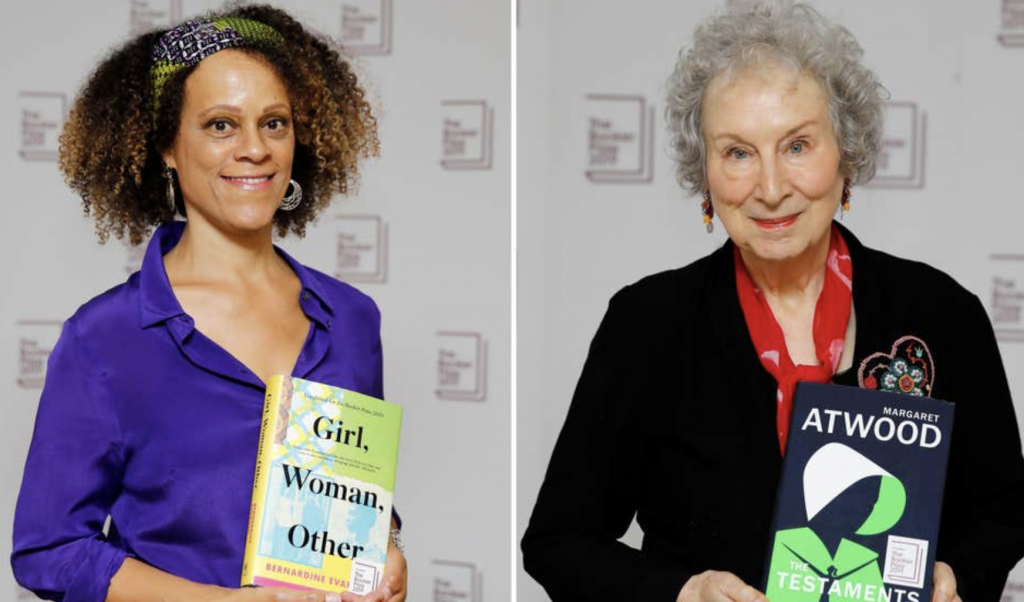Today on My Poetic Side we look at the shortlist for this year”s Costa Book Award. We also look at the changes that are being considered for next year’s Booker Prize.
Costa Book Awards Shortlist

Earlier this week, the shortlist for the Costa Book Awards was announced. The list contains 20 books over the five categories of the award; First Novel, Biography, Poetry, Children’s Book and Novel. This is the only larger UK book prize that is open to just Irish and UK writers.
This year a record-breaking 701 entries were received by the judging panel and they have narrowed that list down to just 4 entries in each category. This year”s judging panel includes 3 judges for each category and is made up of novelists, authors, historians and poets.
The winning writer in each of the five categories will receive a cheque for £5000. The names of these five winners will be announced on 6th January 2020. On 28th January, at a ceremony that will take place in London. One of the category winners will be named as the recipient of the title 2019 Costa Book of the Year. They will also receive a further cheque for £30,000.
The poetry award shortlist includes Reckless Paper Birds by John McCullough, Jay Bernard’s Surge, Fleche written by Mary Jean Chan and Paul Farley’s The Mizzy.
Surge was also shortlisted for the T.S. Eliot prize earlier this year.
The Booker Prize May Change For Next Year

Earlier this year the literary world was stunned when the winner of the Booker Prize was announced. In a shock announcement, the judges declared that the prize was to be split jointly between the poet and novelist Margaret Atwood and the writer Bernadine Evaristo. The news was a huge surprise, as there were rules in place that were supposed to prevent a joint award. This is not the first time that it has happened.
Discussions are taking place about finding a new direction for the prize and it looks like it will be the readers who are put first rather than the writers or even the publishers. Speaking on behalf of the prize committee, Gaby Wood said that it was the job of the judges to locate readers, to see if they were receptive to the changes going on in writing and see what excited them, and that perhaps now it was a good time for the judges to show just a little bit more flexibility about how they undertook their role.
The Booker prize is no stranger to controversy. In 2018 there were some mentions made of elitism and snobbery. In 2011 however, the criticism went the other way when it was felt that the prize was focusing more on readability and less of literary content. Andrew Motion the then poet laureate said that the prize had made what he referred to as a “false divide” between the fields of readability and high-brow literature.
This year the prize was saved from humiliation thank to the gracious way in which Atwood and Evaristo were happy to share the accolade. However, this is a situation that they are anxious to avoid a repeat of in the future.


You must register to comment. Log in or Register.